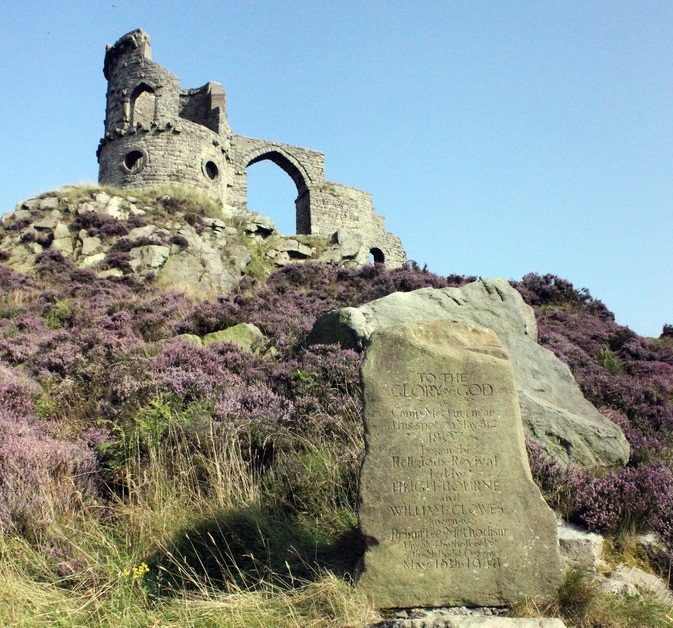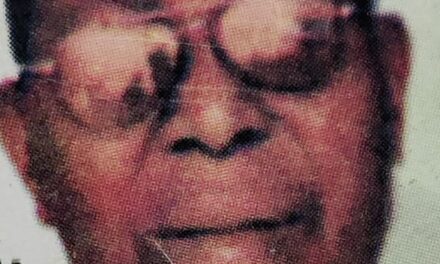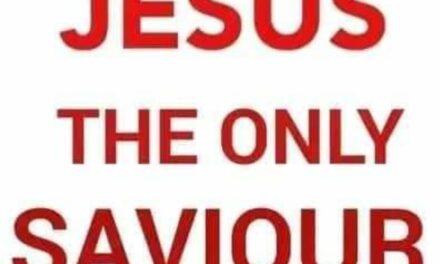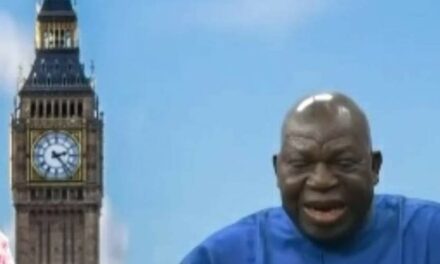As part of the daily morning and evening call to prayer and the midweek Wednesday’s prayer and fasting for Methodist reawakening, the Praying Partners, Methodist Church Nigeria today remember how a Camp Meeting, Mow Cop, on May 31, 1807, began the Religious Revival led by Hugh Bourne and William Clowes is known as Primitive Methodism. The church born at Mow Cop was ‘not of blood, nor the will of man, but of the Spirit of God who graciously hovered over the nation in the early years of the nineteenth century and awakened a new religious passion, of which open-air evangelism was one of the most prominent manifestations.’
The Wesleyan Methodist church prior to the Mow Cop revival ‘was experiencing significant mission drift, away from the foundation that was laid by their founder, John Wesley, …grew increasingly rigid and formalized.’ The hierarchy, among other things, was restricting: ‘The manifestation of the Holy Spirit’s power with the emotional response it produced, as it cut into the prestigious image the professional clergy wanted to project. Lay ministers ministered in homes, barns, coal pits, open fields, abandoned warehouses, markets, city squares, etc., as the professional clergy could not control those locations. Singing songs not found in the Methodist hymnal or printing books or pamphlets that did not first get approval.’ The younger ministers who wanted to carry on with Wesley’s methods of proclaiming Christ wherever people were found were being “outlawed,” the established ministry was neglecting the poor people in cities and those in rural areas.
Indeed, Mow Cop revived the ideal and instinct of genuine and effective evangelism. Thomas Graham explained that the significance of Mow Cop could scarcely be overrated. It revealed a religious and social force whose strength had been underestimated by the nation. It ‘revealed to the church itself unsuspected moral and spiritual power, … The best thing the church has brought from Mow Cop is the pure consciousness of its evangelical origin. The point of departure for the new community was neither the first conference, the adoption of a name, the amalgamation of the revival movements in 1811, nor the formation of the first society, but the selection and adaptation of the camp meeting as a necessary and providential means of reaching the masses of the people in religious aggression. The church was born at Mow Cop, and the birth was that of a giant and a genius – a rare combination – whose strength and thought were destined to develop and help mold the coming century, entirely outliving with the advance of years the local friction and changing of sides incidental and inevitable in the inception of a new democratic movement.’
Revival history reminds us of the impact of Lorenzo Dow’s report on the success of American camp meetings that inspired the first camp meeting on May 31 at Mow Cop. Followed by continuous prayer for favourable weather, a large gathering, much divine influence, and great spiritual results, the Mow Cop meeting sequence started at 6:00 am with a ‘flag erected on the hill to guide strangers to find the location. Volunteers exhorted, led hymns, prayed, preached, and testified as they saw fit. The size of the group assembled kept growing, and when too many people were present to hear the sermon, a second preaching stand was set up. Preaching continued nonstop till noon, and it was then that a third preaching stand was set up and then a fourth. Preaching was taking place simultaneously at the different stands, and all the ministers seemed to be filled with an extraordinary unction from the Holy Spirit. Tears flowed from sinners as they trembled due to the conviction of their sins. A group near the first stand was wrestling in prayer alongside new converts. All of this activity continued till 4 pm and, as some left to return home and the crowds diminished, by 6 pm, they had all moved to one preaching stand. At 7 pm, the work began among children, six of whom were converted before the meeting closed. At half past eight, this extraordinary meeting closed, with many saying: “We have seen strange things today.”
Among the meeting results were many converts and a new surge of enthusiasm and zeal that filled every person. ‘It was such a successful event that another camp meeting was planned for the same location on July 18, 1807.’ Despite the ‘opposition from the Wesleyan Methodists, the second camp meeting on July 18, 1807, had similar results. Camp meetings began to be conducted throughout the region, with all of them experiencing extraordinary results, and this work continued many years into the future.’
The richest abiding fruit of Mow Cop, which is dying in Methodism today, was ‘not the immediate conversions, gratifying as they might be, but the reanimation of the old evangelistic fire.’ We need a rebirth again of the ‘burns in the breast of the church, an afterglow that is warming the whole community.’ Just as Mow Cop has revived open-air evangelism, we have a global rebirth through many nations, cities, and towns again. So please join me as we prayerfully sing the hymn authored by Albert Midlane:
1. Revive Thy work, O Lord!
Now to Thy saints appear;
O speak with power to every soul,
And let Thy people hear.
Refrain:
Revive Thy work, O Lord!
While here to Thee we bow;
Descend, O gracious Lord, descend;
O come and bless us now.
2 Revive Thy work, O Lord!
Exalt Thy precious name,
And may Thy love in every heart
Be kindled to a flame. [Refrain]
3 Revive Thy work, O Lord!
And bless to all Thy Word,
And may its pure and sacred truth
In living faith be heard. [Refrain]
4 Revive Thy work, O Lord!
Give Pentecostal showers;
Be Thine the glory, Thine alone
The blessing, Lord, be ours. [Refrain]











Deji, thank you for your continuous and undimming call for a new re-awakening of our evangelical spirit and zeal. Let me assure you that we are on the ancient path.
Worthy is the Lamb! Thanks Your Rt Rev